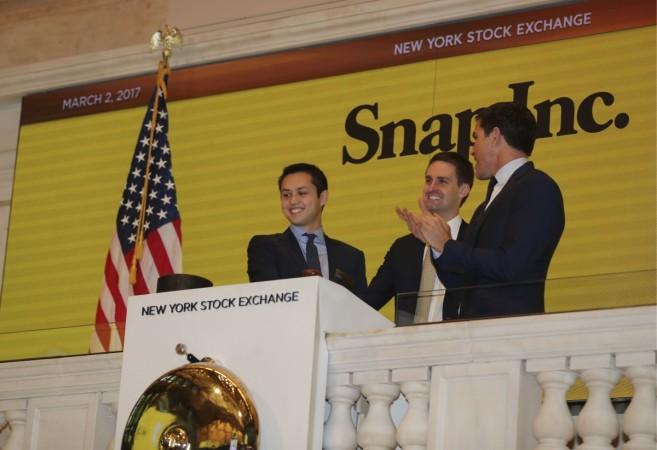
Snapchat is terminating its famous peer-to-peer payment feature, Snapcash, on August 30, 2018. With that, Snapchat would be ending its four-year-long collaboration with Square, which is a US-based online payment company.
Snapcash's feature
Snapchat launched 'Snapcash' to give their users access to Cash App. This Snapchat feature used to allow its users to swiftly transfer money from their account to any of the contacts just by initiating a chat on a smartphone. For this, the users were restricted to link their debit card to their Snapcash's account.
For sending the amount, the user was required to type in an amount in dollars and then hit a green button to proceed the payment. And then the money safely deposited to the account of the user's contact within 24 hours.
In case, the amount sent by the user remained unclaimed after 24 hours then Snapcash was liable to send back the money to the original sender's bank account, taking at least two days.
Snapchat's take on it
Back in 2014, when Snapcash was introduced, Snapchat said that "We set out to make payments faster and more fun." However, after the announcement of this breakup, it's pretty evident that they have been facing a long crisis. There is a "Snapcash deprecation message" along with code stating that users won't be permitted to use Snapcash after August 30, as per the report by TechCrunch.
TechCrunch received this code by tipster Ishaan Agarwal, and when the code was provided to Snapchat, a representative verified saying that, "Yes, we're suspending the Snapcash on August 30, 2018. "We're thankful for all the Snapchatters who used Snapcash for the last four years and for Square's partnership," the spokesperson added.
According to reports, Snapchat has been struggling through a PR crisis, and that could be one of the possible reasons for the shutdown. Further, Snapcash was delivering complaints by its users regarding some sexually explicit content online. Many users used to publicize erotic content in substitute for money over Snapcash.
Although Snapchat's commercial strategy may be in dire need of improvement, the steps taken by the company to boost its revenue are fairly substantial.















